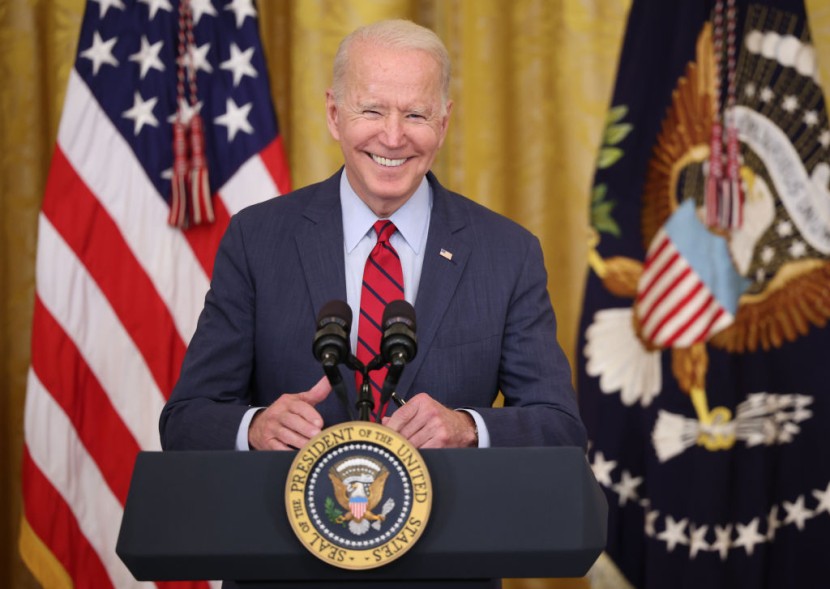
Following weeks of negotiations, President Joe Biden and bipartisan senators have made a declaration on an infrastructure deal. The agreement focuses on investments in railways, roads, broadband internet, and bridges. However, it does not involve investments Biden has referred to as "human infrastructure," which include money designated for tax credits for families and child care.
Biden declared that they have a deal on an infrastructure initiative following their meeting. They still need to finalize finances for the plan. The GOP pledges not to touch on the 2017 tax cuts, and the president stated that he will not raise the electric vehicle user fees or gas tax.
Top Legislative Priority
This gives Biden an opportunity to work on his top legislative priority and validate his efforts to reach through the political aisle. However, Biden openly recognized that Democrats would have to independently tackle much of the deal. The bill's cost stands at $973 billion over five years or $1.2 trillion over eight years. It was scaled back, but it still remains a major part of the president's proposals.
The agreement on the scope and size of an infrastructure package is a significant achievement for the president. He has long been a supporter of bipartisanship. However, the compromise remains to face severe hurdles in the House and Senate, reported Axios.
Rare Breakthrough
The agreement is a rare breakthrough in a divided Washington. However, it still faces a complex path to passage in Congress.
During his speech in the White House, Biden tagged the deal as a true bipartisan effort. He stressed out that there is nothing the US cannot do when they decide to do it together as one nation, reported Aljareeza.
Read Also : CDC Prolongs Eviction Moratorium Until July to Stabilize Housing, Says It's or the Last Time
The agreement involves over half-trillion dollars in new spending. It could pave the way for the president's goal of a sweeping $4 trillion proposal for child care.
Biden underscored that neither party got a grip on everything they wanted from this negotiation but stressed that this was the meaning of compromise. He remarked that other White House initiatives would be overseen separately in a congressional budget process known as reconciliation. This enables majority passage without the need for votes from the GOP.
Biden insisted the two items would be done by pair and that he would not sign the bipartisan negotiation without the larger piece.
According to a White House fact sheet on the plan released on Thursday, the plan "makes transformational and historic investments in clean transportation infrastructure, clean water infrastructure, universal broadband infrastructure, clean power infrastructure, remediation of legacy pollution, and resilience to the changing climate," reported NPR.
House Speaker Nancy Pelosi and Senate Majority Leader Chuck Schumer separately met with White House officials as they attempted to pass the bipartisan infrastructure plan and a wider package of Democratic initiatives.
The large-scale plan's purpose is to improve the bridges, roads, and broadband in the United States.
Related Article : US Life Expectancy Diminished by 'Alarming' Amount During the Pandemic
© 2026 HNGN, All rights reserved. Do not reproduce without permission.








